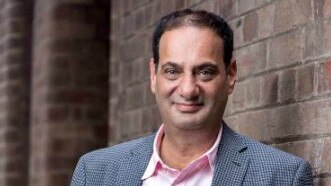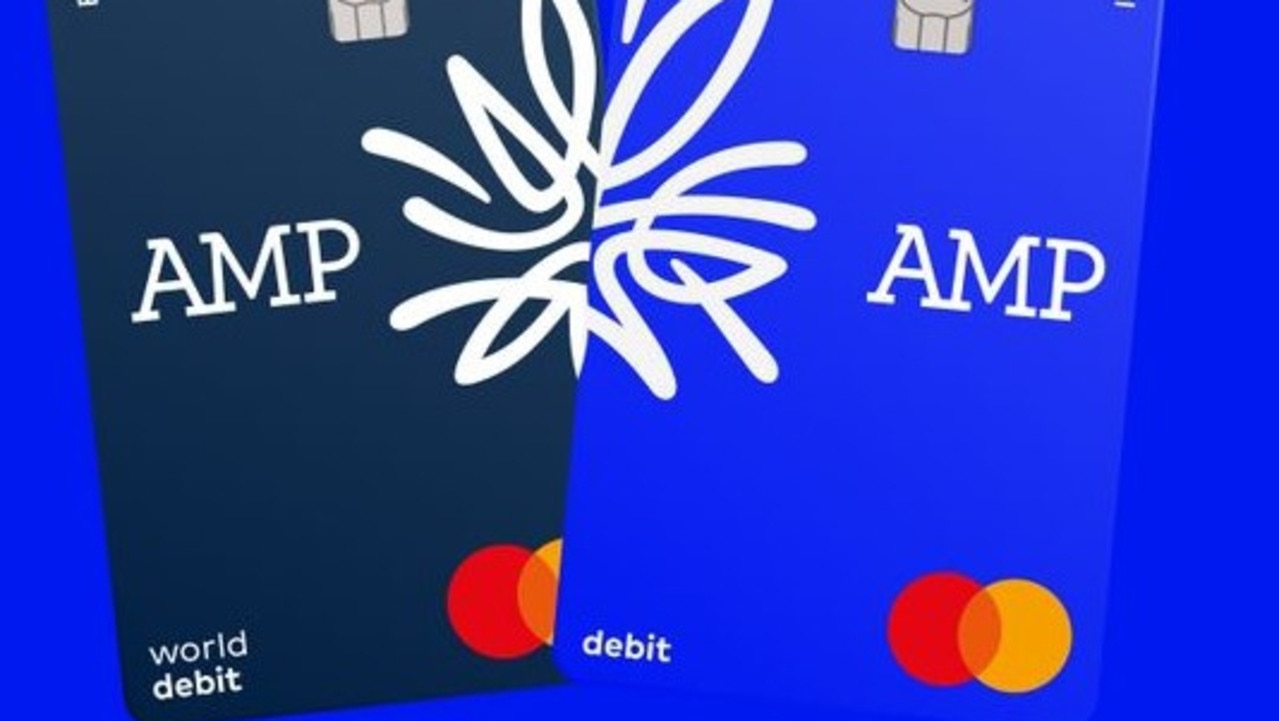How to declutter your finances and get your budget under control
Many Aussies are hoping to start saving for the year ahead but disturbing statistics show why most won’t even come close.

Banking
Don't miss out on the headlines from Banking. Followed categories will be added to My News.
Australians trawling the internet in hot pursuit of savings hacks and shortcuts to get rich need to take a good look at themselves, personal finance experts say.
A recent survey by advice firm Perpetual Private found 71 per cent of us care most about our finances, narrowly behind our health (72 per cent) but significantly behind family (89 per cent).
But just 56 per cent admit they don’t spend enough time planning for the future while a study conducted by UBank last year found a staggering 86 per cent said they didn’t even know how much they’re spending.
• Spending money on the weekend is ruining your budgeting
• Frozen horse sperm is more tradeable than bullion, so would you invest in it?
• These are the Aussie suburbs where it’s cheaper to buy than rent
Thirdview Financial director Peter Foley said readers would be surprised with the number of clients he’s worked with in nearly 15 years who simply don’t know what their income is.
“People feel overwhelmed and I think they say it’s all too hard,” the certified financial planner told news.com.au.
“They take the old ‘bury your head in the sand’ approach.”
“Spending 50 cents less on your coffee isn’t going to get you there, you’ve got to actually understand your money and be comfortable with your money, and confident about it and then rigorously pursue what’s meaningful to you.”
So as we sit down to declutter our finances and set savings goals, let’s start there.
WHAT DO I EARN?
This seems obvious but Mr Foley says it’s vital to clearly lay out what money is available to the individual.
“That’s the starting point because if you don’t know what you’re earning, how do you know what your savings capacity is? How do you know what your capability to repay debt is?”
WHAT IS MY SPENDING?
For that large portion of Australians who say it’s too hard to work out how much they spend, Mr Foley recommends the use of cashflow apps, Moneysoft and Pocketbook in particular.
“It does it really easily,” he said.
These fintech products allow the user to feed data from financial statements and credit unions to clearly show what the income is and what the living expenses are.

Once you have all this information, Mr Foley says to separate the necessary expenses — rent, mortgage, debt obligations, health insurance, petrol, and so on — with the unnecessary purchases — takeaway lunches, coffees, magazine subscriptions, Netflix and so on.
“How many of those do I really need, and if I add them all up, what’s it costing me,” Mr Foley recommended asking yourself.
Founder and chief executive of personal loan fintech MoneyPlace, Stuart Stoyan, said a way to reduce clutter with your finances is to consolidate multiple debts into one low interest debt.
“We don’t tend to think about all our expenses and investments in one go, so it can be hard to get a handle on it,” he said.
“A great example is to review your debt and make sure to consolidate any expensive debt like credit cards into a lower interest personal loan or your mortgage.”
SET A GOAL
Setting a target for your savings can be as common as a family holiday, a car, a down payment for a house or setting yourself up for retirement.
But with a predicted 5.2 million Australians relying on credit cards to get through the Christmas holiday spending season — according to comparison website finder.com.au — George Lucas, chief executive of investment app Raiz, said saving for next Christmas would be sensible.

“Make the amount of money you spent on Christmas in 2018 your savings target for 2019’s Christmas spend,” he said.
“Split your 2018 Christmas spend into 11 realistic monthly saving instalments and set yourself up for a debt free Christmas and fresh start in 2020.”
Mr Lucas’ app rounds up transactions to the nearest dollar and invests the difference between the purchase and the rounded up amount. It also allows users to make automated deposits which is in turn invested.
He recommended the simple 50/30/20 budget method for those wanting to get saving: 50 per cent of your income towards fixed living expenses, 30 per cent towards the non-essentials, and 20 per cent towards an investing group or savings account which can’t be accessed through an ATM.
“Our research shows that only 8 per cent of millennials have high-level knowledge
of managing personal finance,” Mr Lucas said.
“The round up concept is a great way to ease young Australians into personal
finance management and help enable them to become more financially confident.”
In Mr Foley’s experience mentoring people with their budgets, he said once people can articulate what makes money important to them and their family, the spending habits align naturally.
“Once they can do that the behaviour then starts to follow,” he told news.com.au.
“Once we show people they won’t get to their goal if they continue with the current behaviour, they then adjust the behaviour automatically.
Continue the conversation on Twitter @newscomauHQ | @James_P_Hall or james.hall1@news.com.au
Originally published as How to declutter your finances and get your budget under control


